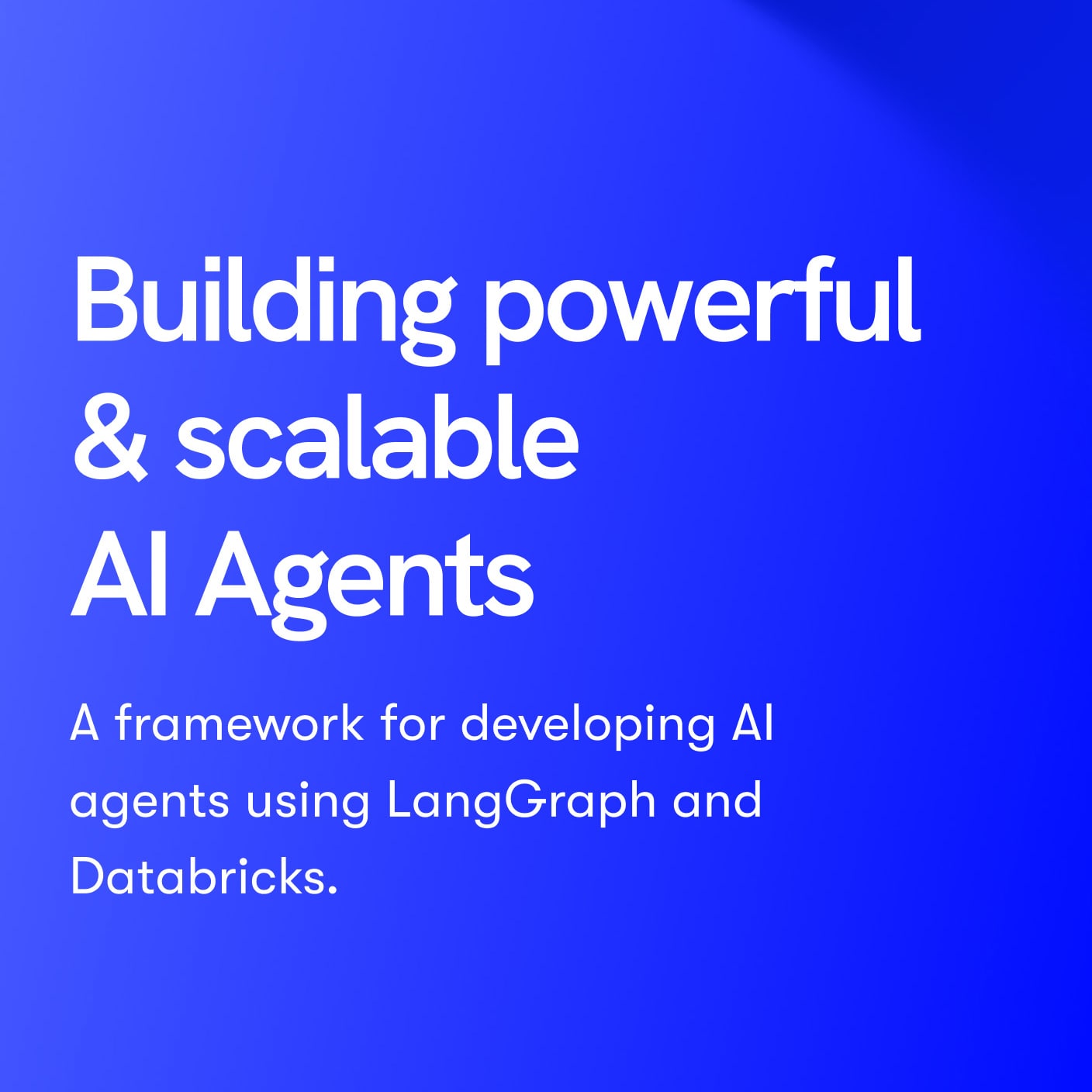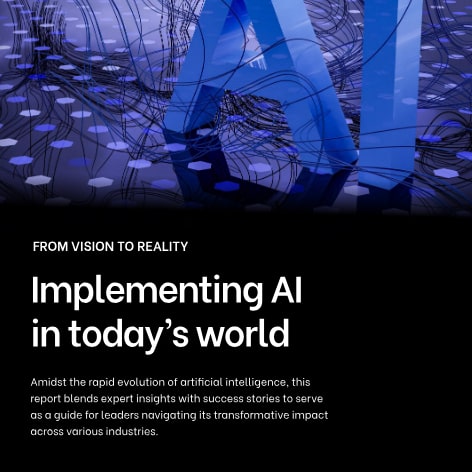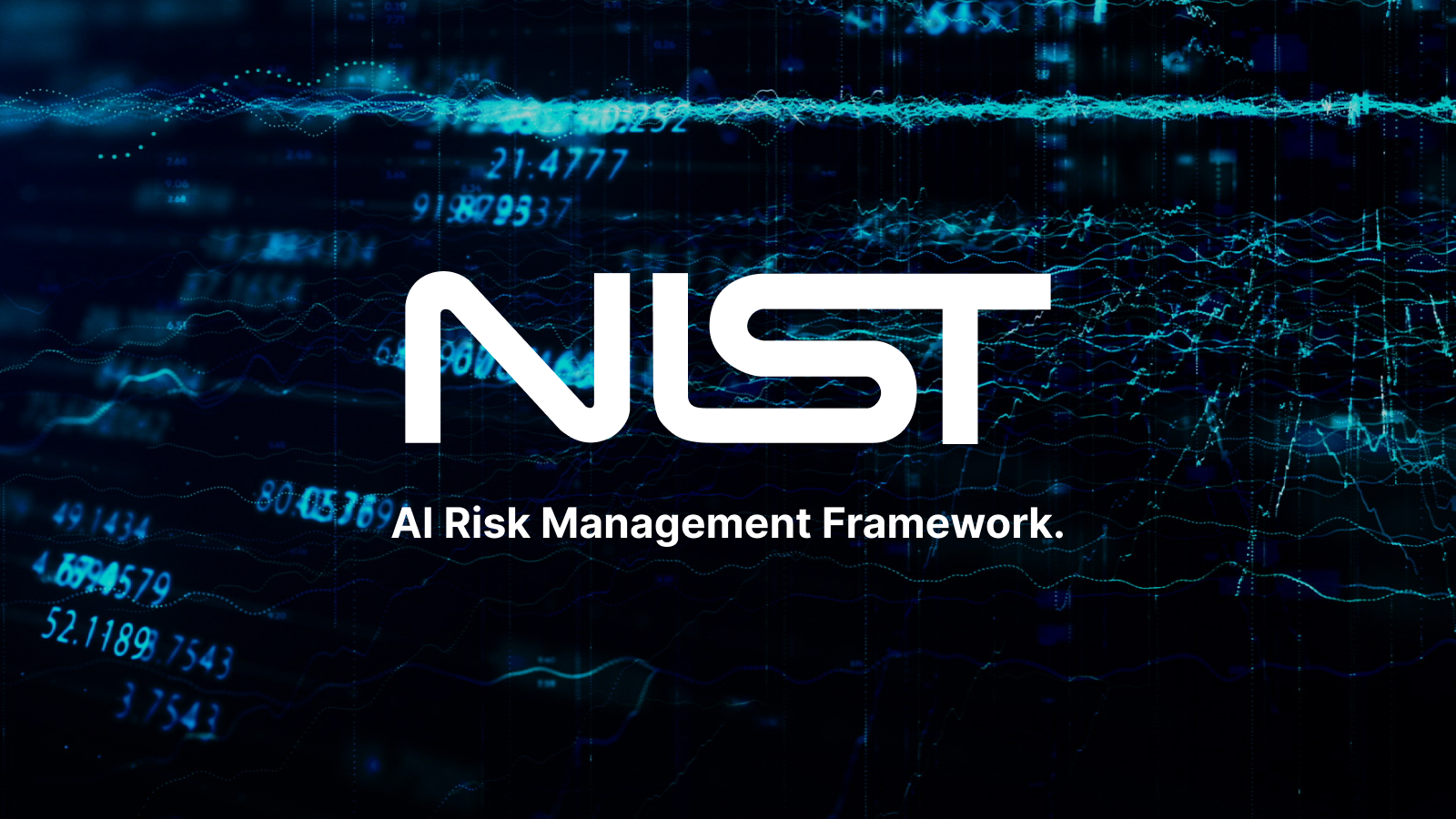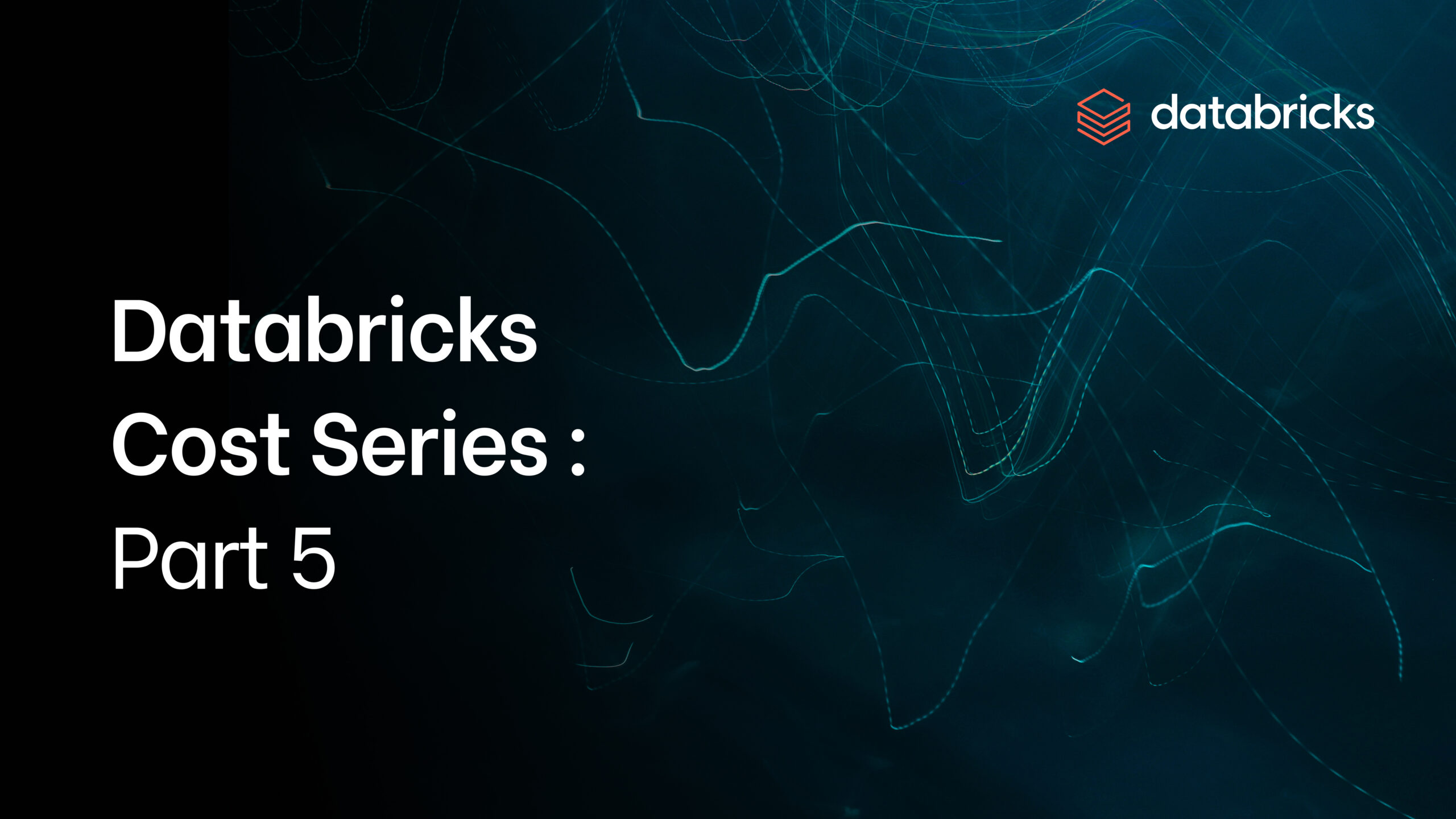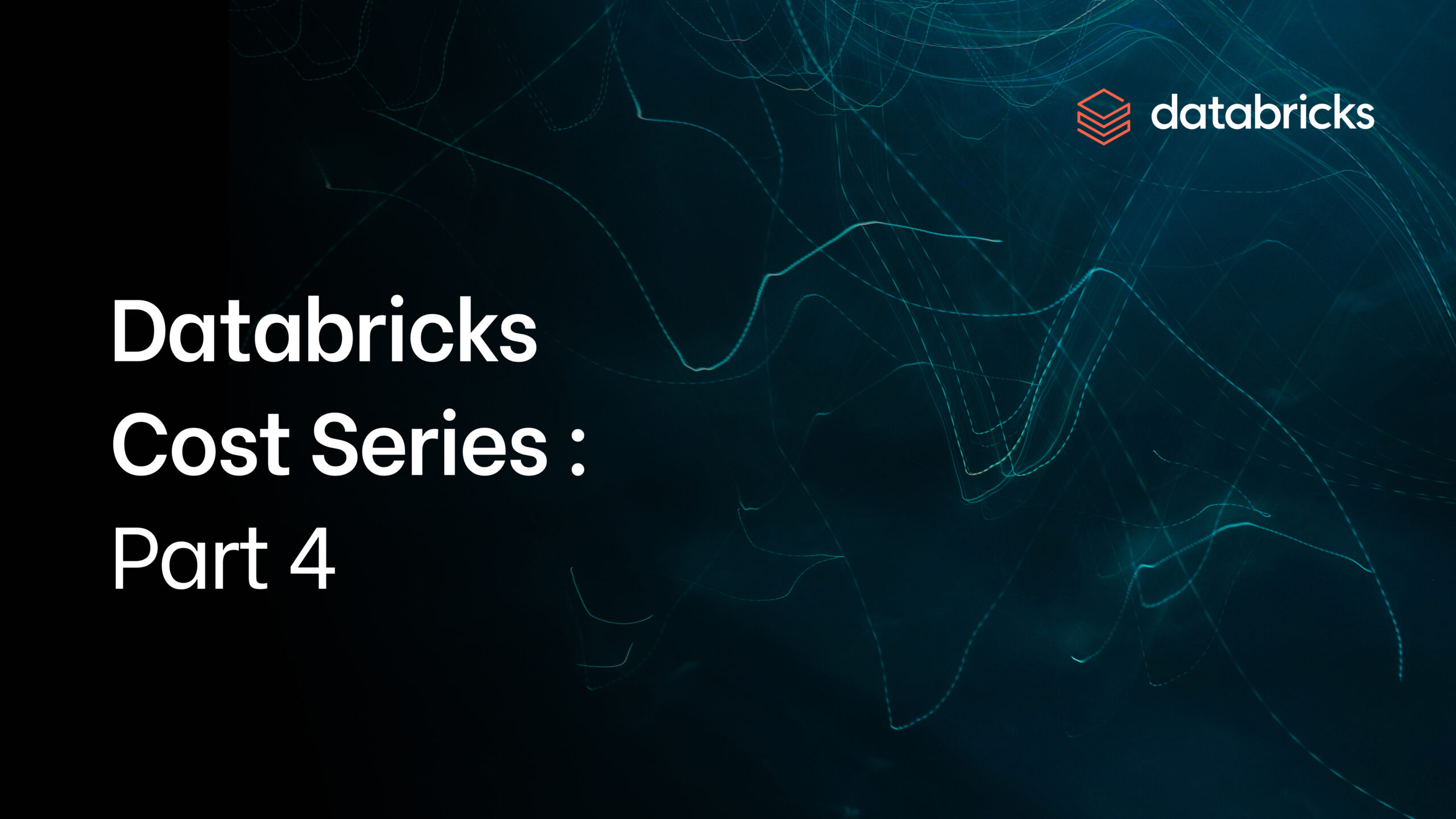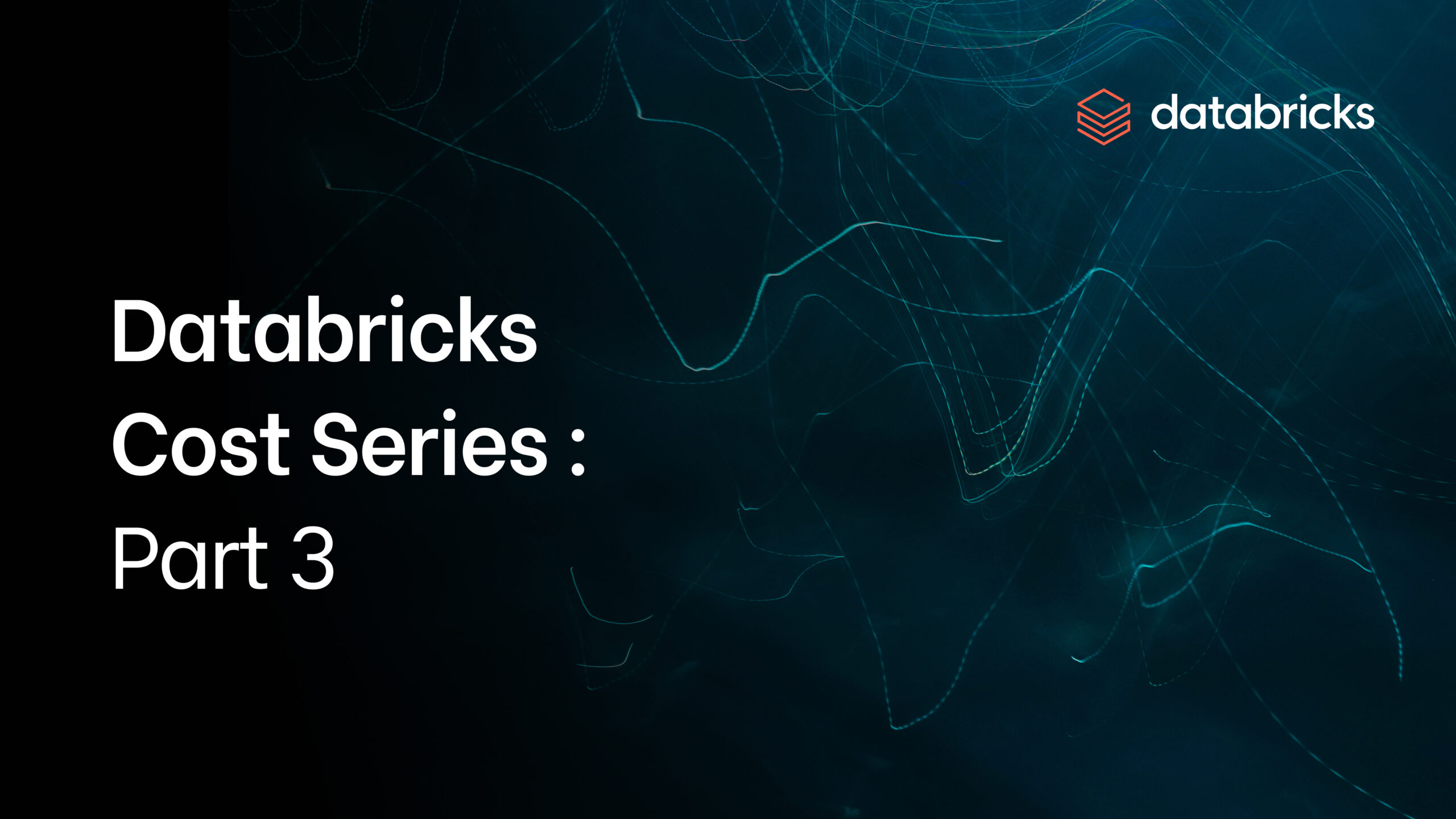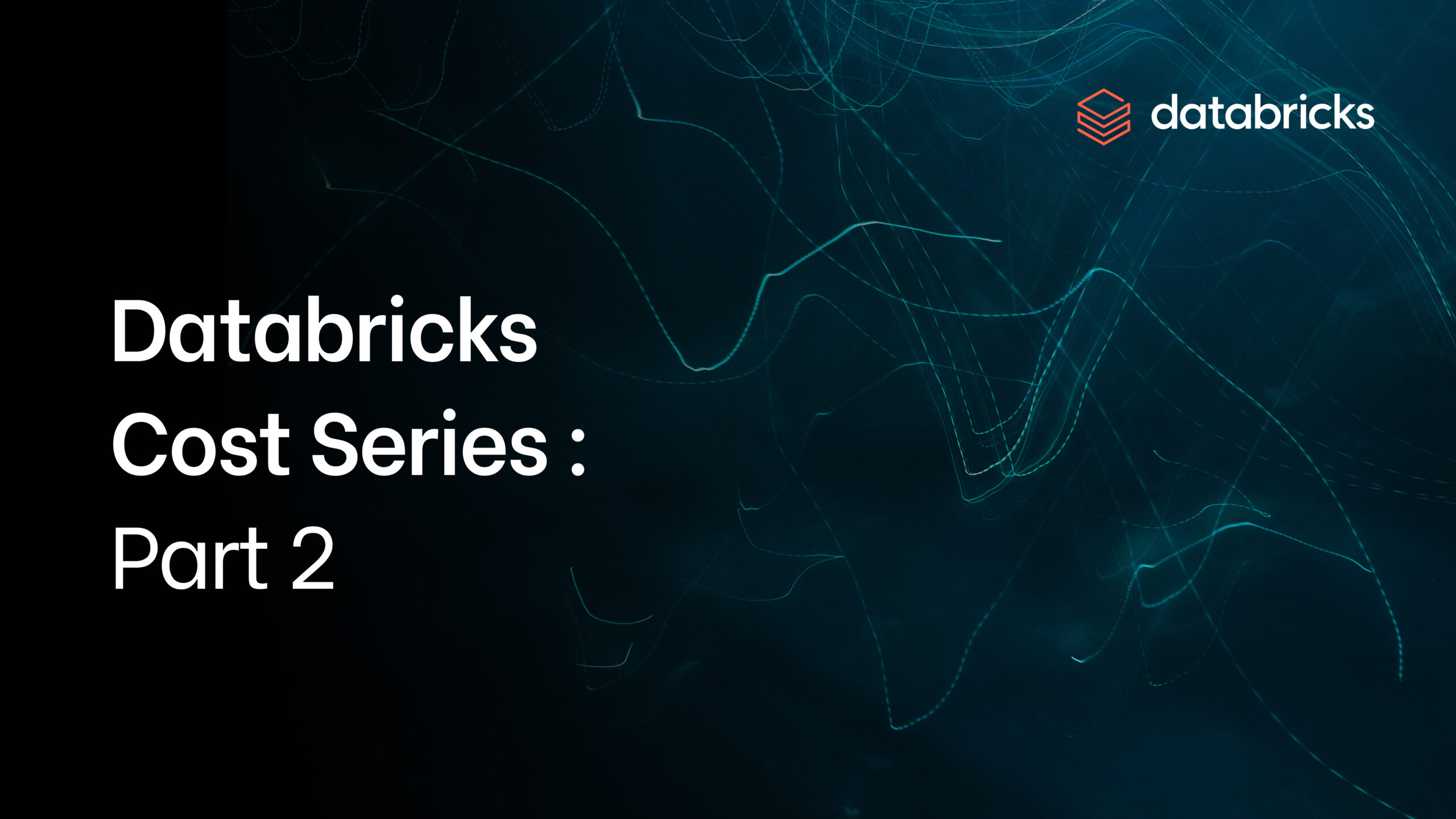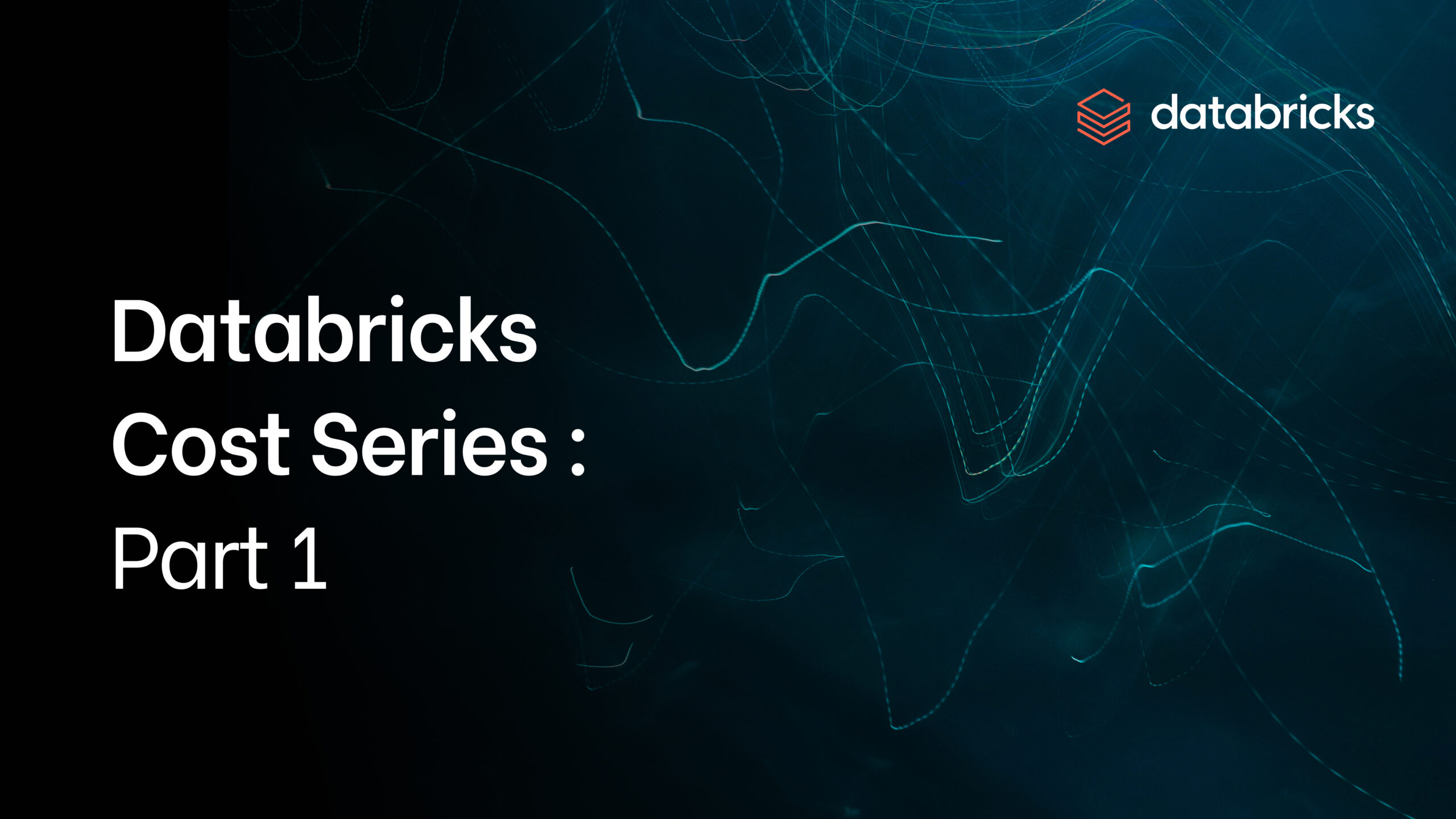A common misconception when it comes to developing AI and machine learning products is the idea that businesses only require the expertise of a machine learning engineer. This oversimplified view of the AI development process often leads to organizations struggling to scale their AI initiatives. In reality, achieving success in the age of AI requires a multidisciplinary approach, bringing together different roles to create a holistic team.
The key roles in AI development
To understand the importance of a multidisciplinary approach, let’s take a deeper look into the key roles involved in developing AI products:
Data Engineers: The foundation builder
Data Engineers are the professionals responsible for designing, constructing, integrating, and maintaining the vast data pipelines that feed into machine learning systems. Their role is crucial in ensuring that the data is accessible, reliable, and optimized for the machine learning tasks. Think of them as the architects and builders who lay down the plumbing and foundations for a house.
Data Analysts: The insights provider
Once the data is ready, data analysts step in to study and make sense of it. They run initial investigations, identify patterns, and generate insights that can guide the direction of AI projects. Their observations often form the foundational understanding upon which AI solutions are built. Data analysts primarily focus on interpreting data to provide actionable insights. They might look into trends, create visualizations, and generate reports that help businesses make informed decisions.
Machine Learning Engineers: The solution implementer
Machine Learning engineers take the insights from data analysts and the datasets prepared by data engineers and design, test, and deploy machine learning models. Their expertise ensures that the models are not only accurate but also scalable and efficient. Machine learning engineers also optimize algorithms and ensure that they can be integrated into products or services at scale.
Data Scientists: The problem solver
The role of a data scientist typically focuses on running advanced algorithms, running experiments, and pushing the boundaries of what’s possible with data. Their role is fundamental in driving innovation and ensuring that AI solutions are grounded in robust scientific methodologies. They sit at the crossroads of data analysis, programming, and domain-specific expertise. Part of their duties include hypothesizing, experimenting, and building models to uncover patterns, make predictions, or automate decision-making.

Synergies between roles
The success of AI initiatives depends on the synergies between key roles. Each role often relies on the work of another, and being on the same page is crucial when developing these products. Let’s explore how these roles work together:
Data Engineers and Data Scientists
With a strong infrastructure in place, data scientists and machine learning engineers can efficiently retrieve and process data. This helps the data analysts trust in the integrity and consistency of the data they are analyzing. Data engineers ensure a smooth flow of data and perform necessary transformations, which are essential for accurate analyses.
Data Analysts and Data Scientists
The findings of data analysts inform data scientists about potential areas where predictive modeling might be useful. In return, data scientists provide data analysts with advanced analyses or algorithms to aid their interpretations. This collaboration enhances the quality of insights and drives informed decision-making.
Data Analysts and Machine Learning Engineers
Feedback from data analysts can help machine learning engineers refine and improve the deployed models by highlighting areas where the model’s predictions may be particularly beneficial or might need adjustments. This continuous feedback loop ensures that the machine learning models align with the business objectives.
Data Engineers and Machine Learning Engineers
Machine learning engineers rely on data engineers for scalable data pipelines and infrastructure. This collaboration ensures that machine learning models can be seamlessly integrated into products or services at scale.
Data Scientist and Machine Learning Engineers
Data scientists rely on machine learning engineers for robust model deployment and optimization. This collaboration ensures that data-driven insights can be effectively transformed into actionable algorithms and solutions in real-world applications.
Conclusion
In this new age of AI, businesses need to understand that success is not solely dependent on the expertise of a machine learning engineer. It is dependent on a multidisciplinary approach, where data engineers, data analysts, machine learning engineers, and data scientists work together, which is crucial for achieving successful AI initiatives. Each role brings on a unique set of skills and perspectives that contribute to the development and deployment of AI products. By orchestrating these profiles and leveraging their synergies, organizations can overcome challenges and maximize the potential of AI and machine learning.
If you are interested in learning how our team works together to create successful AI products, check out our AI and Machine Learning Studio homepage. https://qubika.com/studio/ai/

